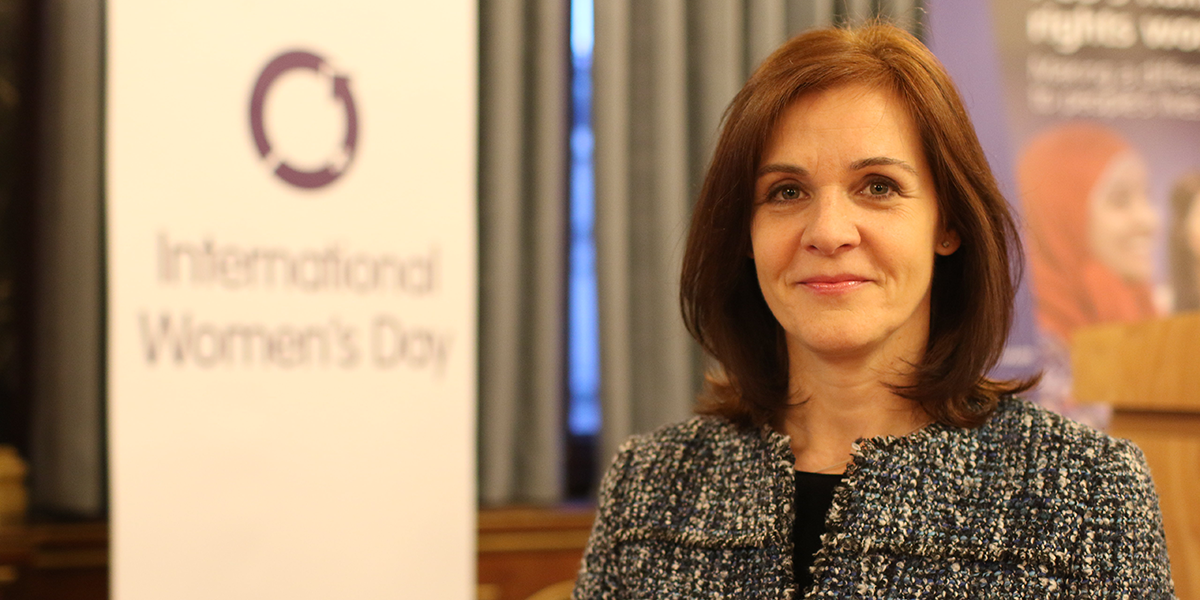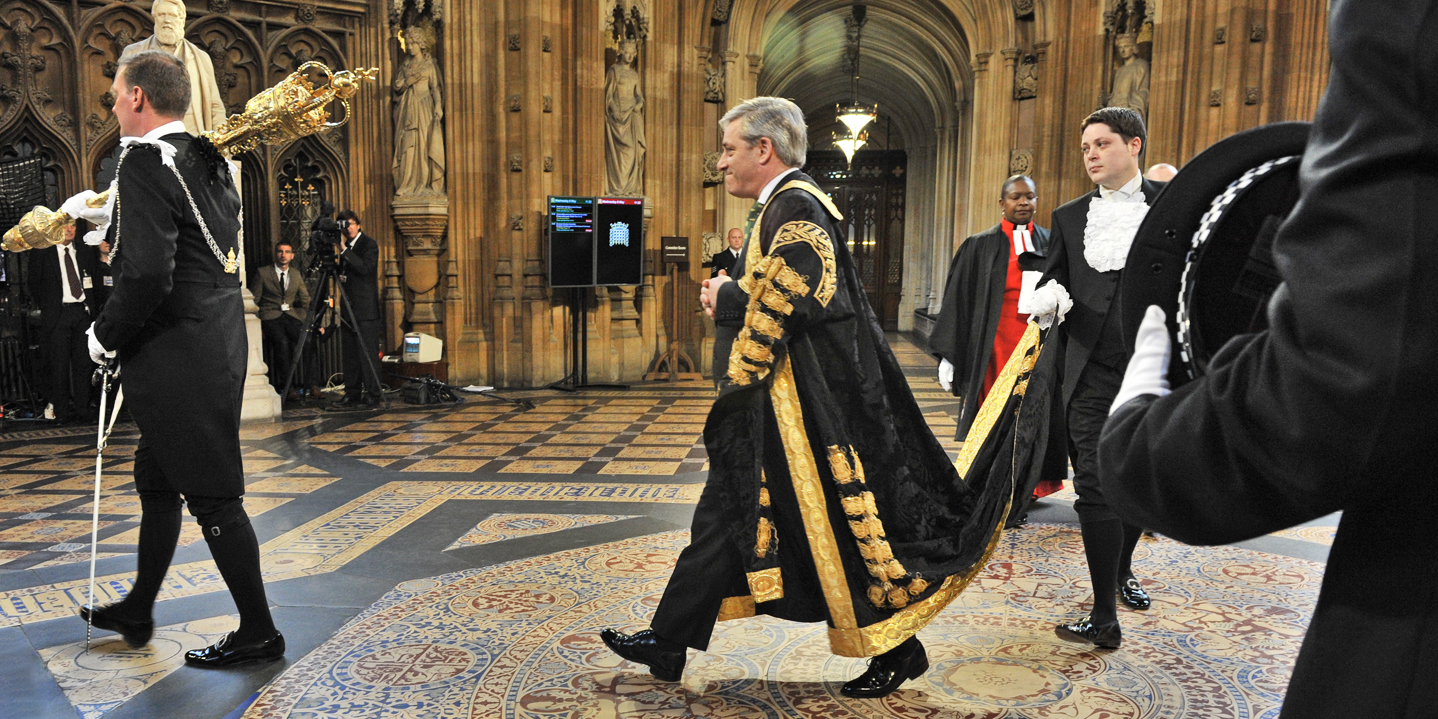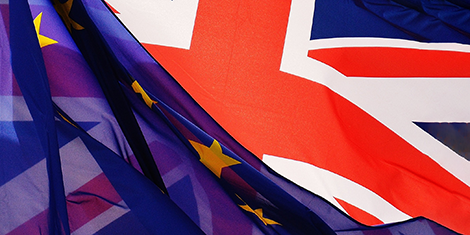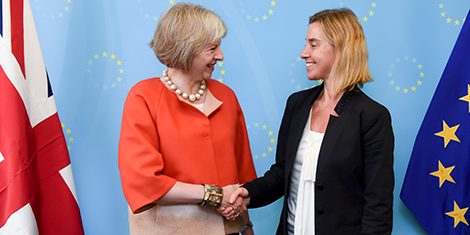Image courtesy of UK Foreign and Commonwealth Office/Flickr. (CC BY 2.0)
This article was originally published by the Council on Foreign Relations on 27 March 2020.
This blog post is part of the Women and Foreign Policy program’s interview series on Gender Equality in Foreign Policy, featuring global and U.S. officials leading initiatives to promote gender equality in the defense, development, and diplomatic sectors. This interview is with Joanna Roper, the United Kingdom Foreign and Commonwealth Office’s first Special Envoy for Gender Equality.





